About Resources for Academic Research
Now a day’s internet has drastically changed the way of doing academic research. Given that there are millions of websites, blogs, forums, and other materials posted on the web, any student or researcher can get any information they need. However, the ability to search through this sea of information may be challenging, to say the least. In this blog, you will learn about the advantages of using online materials in academic work and some insights on how to make use of such tools.1. Why Use Online Resources?
Online resources offer several advantages over traditional research methods:
Accessibility: Call up
articles, journals, databases, books electronically from any part of the world.
Current Information: The tutorial
collections on the Web sites are refreshed more often, giving the customers
updated findings and information in a variety of subject areas.
Variety of Sources: Different ways
of approaching your topics are available in academic databases, ranging from
traditional educational materials to online libraries.
2. Types of Online Resources
Academic
Databases: The journals or articles present in the resource sites such as
JSTOR, Google Scholar and PubMed can be the articles at various discipline.
EBooks & Online Libraries:
TOPICS FOR MORE INFORMATION Project Gutenberg and Open Library offer people
free access to classical and modern books.
Digital Archives: Primary sources
and critical historical documents can be accessed from many universities and
libraries as they have annexed it into the digital world.
Citation Tools: Apart from article
databases, there are tools such as Zotero and Mendeley for references that
simplify the research activity.
3. Steps In Assessing Information Obtained From The Internet
They further explained that not all such resources are the same.
Check the Author: Is the author an
expert? Search for such things as credentials, membership in professional
associations, and previous publications.
Assess the Publication Source: Peer
reviewed journals and websites on the other hand, have rigorous editorial flow
that reduces mistakes and prejudices.
Consider the Date of Publication:
The sources of information have to be upto date especially if the information
being disseminated is generated from fields where information are constantly
updated.
4. Effective Research Strategies
Use Specific Keywords: Expand your search terms to remove the noise
that often comes up in the search results. For example, instead of the broad
topic, climate change use, climate change impact on marine life.
Advanced Search Techniques: Employ
AND, OR, NOT, in order to refine or expand your research outcomes based on the
keywords.
Organize Your Findings: Take
screenshots, photocopy or save the URLs of any articles or other materials to
which you plan to refer, to avoid scrolling back almost endlessly especially
when using the quick reference menu.
5. Ethics of Online Research
It is strongly recommended to respect the rights of Intellectual Property. Please make sure that you are not cutting corners when using and referencing various sources. It is important that one gets to follow the various rules of citing materials to avoid being in violation of most academic institutions standard.
6. Additional Tips for Success
Set Goals for Each Research Session: What you need to find has to
be outlined before entering the research phase.
Join Online Research Communities:
Social sites like Research Gate or even some forms of academical reddit
discussions can provide with some insights and collaboration.
Stay Organized: Always capture, sort
and store your findings as you progress in the search. Examples may include
using Evernote or Notion or OneNote or another similar tool.
Conclusion
The use of online resources in academic research has been made easier and more efficient than at any other time. By so doing, it is possible to look at these resources as instruments that can facilitate your learning and make a valuable input to your chosen area of specialization. Just remember that credible sources, organization, and ethical responsibility should be the carrot at the end of the stick to give students their incentive to do research.
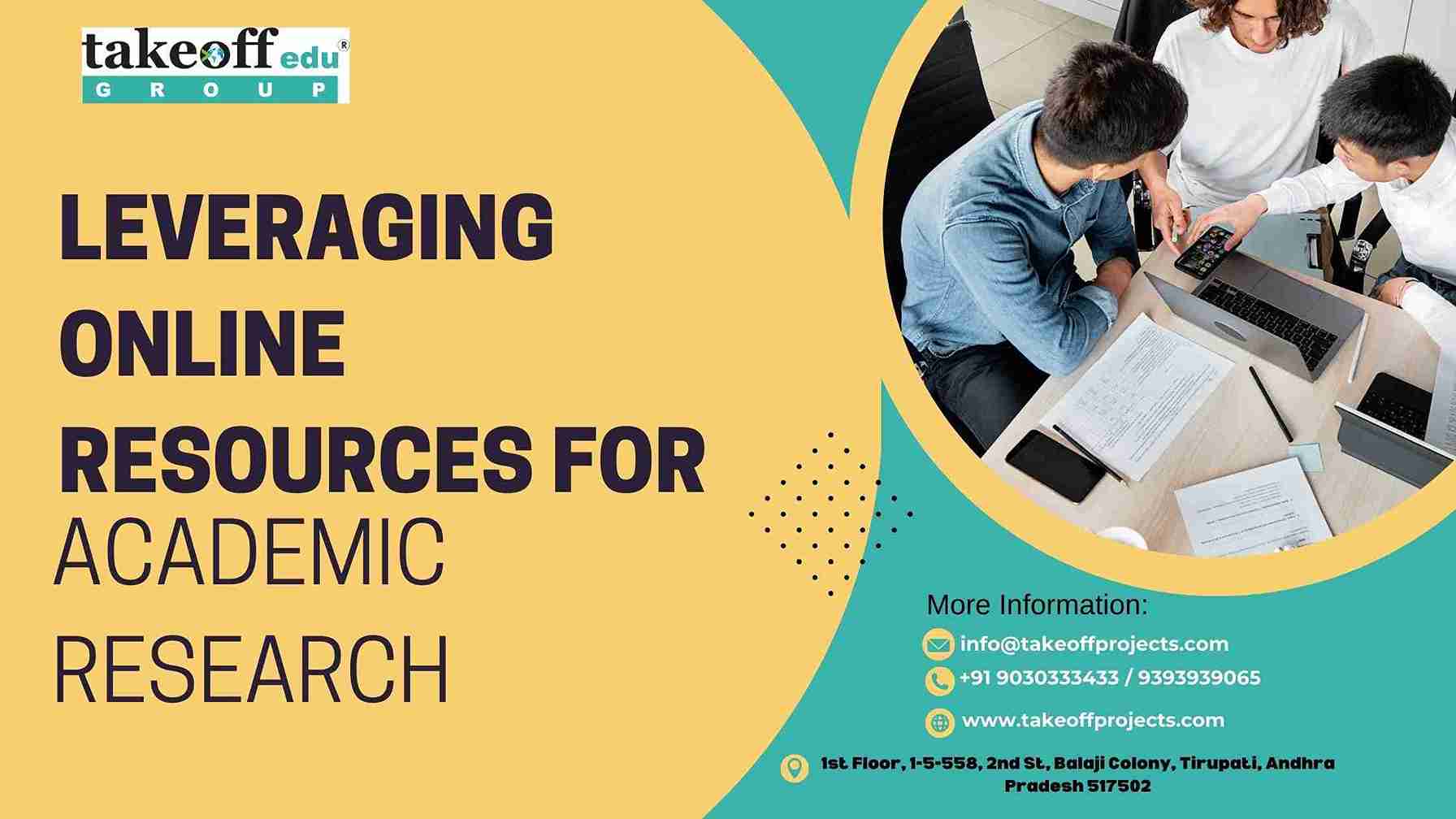
 Workshop on Embedded Systems: Building Real-World Applications
Workshop on Embedded Systems: Building Real-World Applications  Top Internship Training & Certificate
Top Internship Training & Certificate  Internship Benefits Beyond the Resume: How It Shapes Your Career
Internship Benefits Beyond the Resume: How It Shapes Your Career  Turing Internship into Job Offers: Strategies for Success
Turing Internship into Job Offers: Strategies for Success 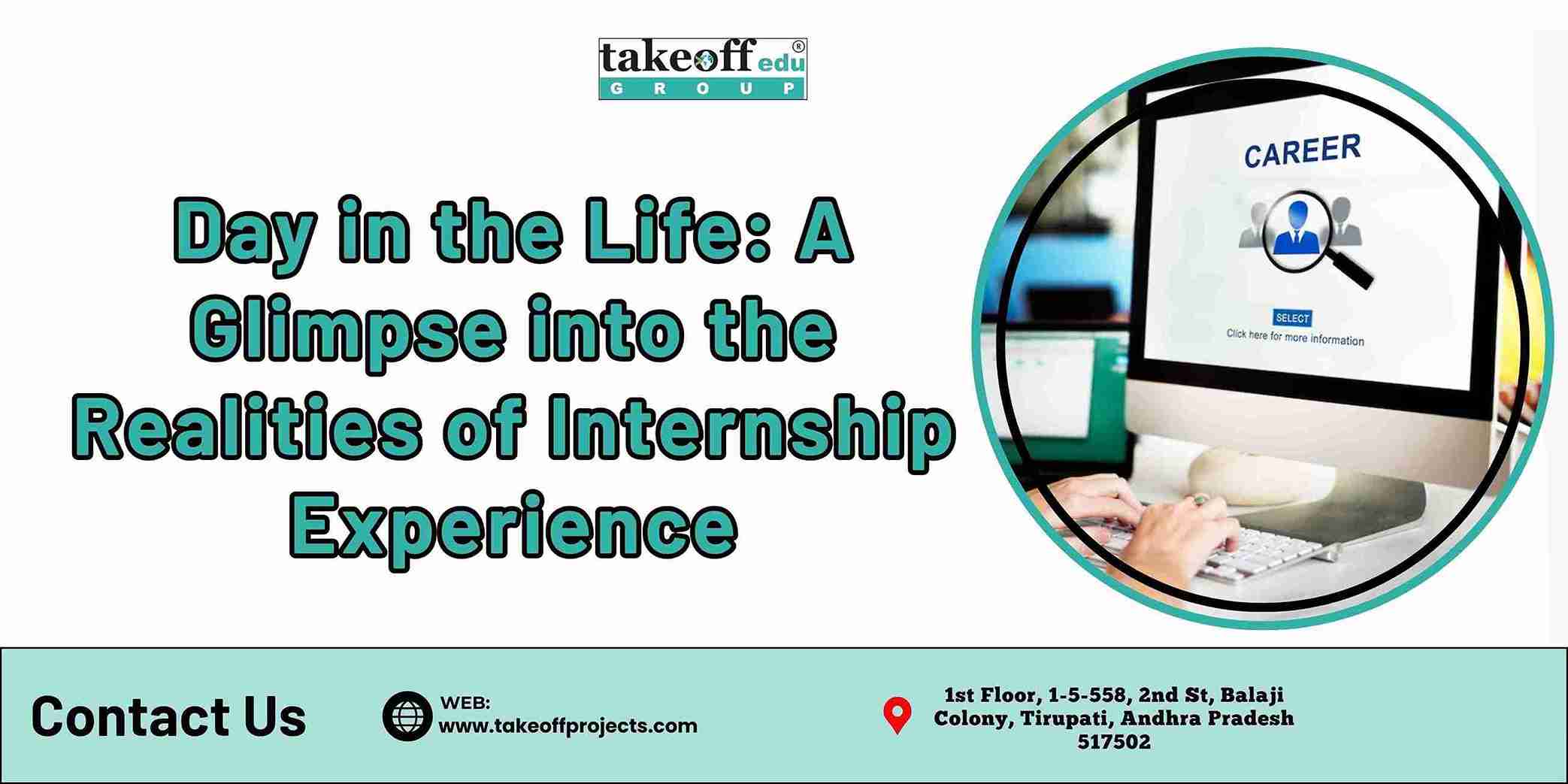 Day in the Life: A Glimpse into the Realities of Internship Experience
Day in the Life: A Glimpse into the Realities of Internship Experience  Internship Insights: What Recruiters Look for in Candidates
Internship Insights: What Recruiters Look for in Candidates  Why Internships Matter: Building Bridges to Your Future Career
Why Internships Matter: Building Bridges to Your Future Career  Smart Mirror Based on Raspberry Pi
Smart Mirror Based on Raspberry Pi  Best Major & Mini Project Ideas for Engineering College Students
Best Major & Mini Project Ideas for Engineering College Students  Top B.Tech/M.Tech Engineering Projects Consultants & Services
Top B.Tech/M.Tech Engineering Projects Consultants & Services  Engineering Project Ideas & Topics for Students
Engineering Project Ideas & Topics for Students  Engineering Procurement Construction (EPC) Project Services: Step By Step Guide
Engineering Procurement Construction (EPC) Project Services: Step By Step Guide  IEEE Projects in Tirupati
IEEE Projects in Tirupati 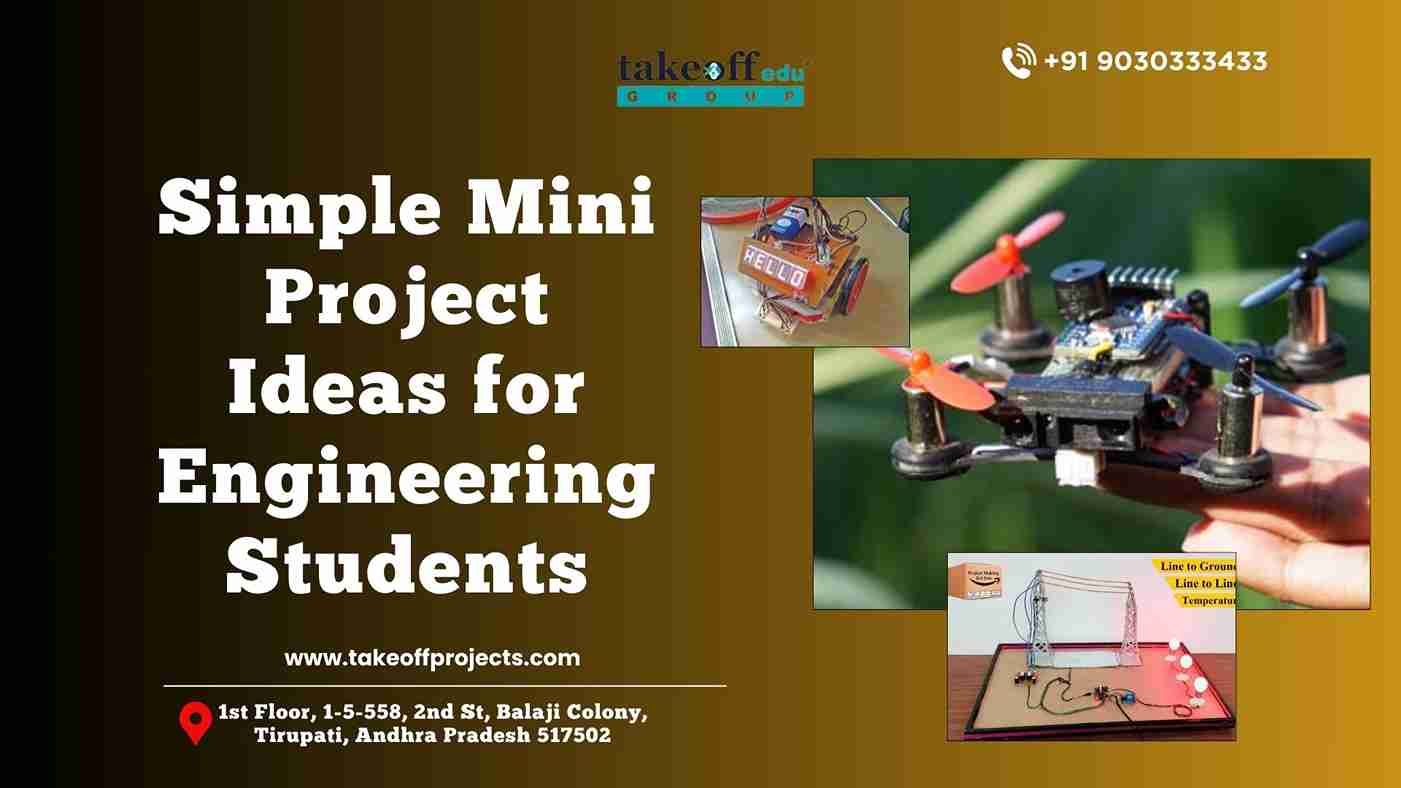 Simple Mini Project Ideas for Engineering Students
Simple Mini Project Ideas for Engineering Students 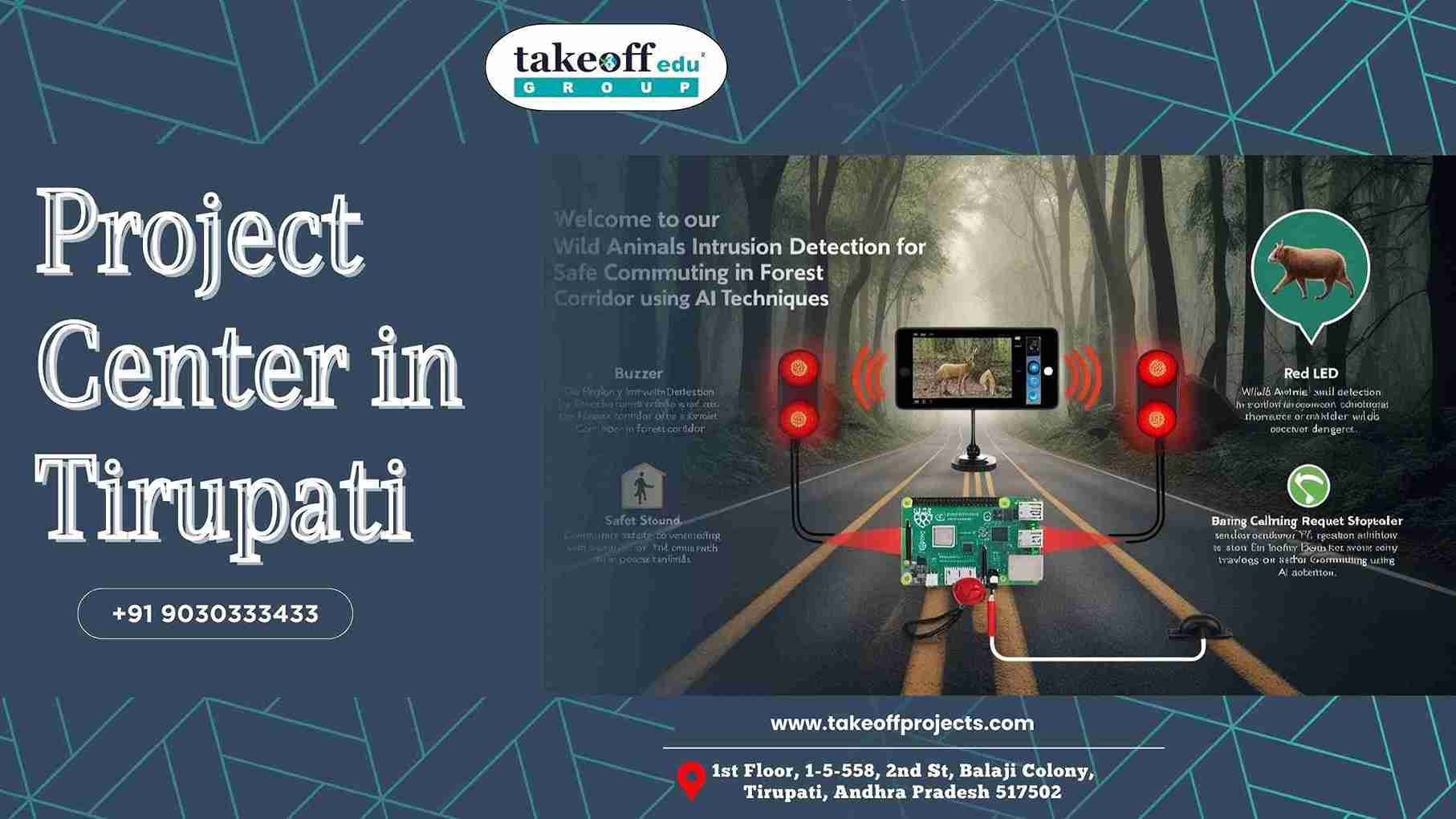 Project Center in Tirupati
Project Center in Tirupati  Top Engineering Project Consultants in Tirupati
Top Engineering Project Consultants in Tirupati  Innovative Software Engineering Projects: Shaping the Future of Technology
Innovative Software Engineering Projects: Shaping the Future of Technology  Major Current and Upcoming Projects
Major Current and Upcoming Projects  Best Project Management Consultant in Tirupati
Best Project Management Consultant in Tirupati  Top 10 Best Project Consultants in Andhra Pradesh
Top 10 Best Project Consultants in Andhra Pradesh  Best Project Consultancy in Tirupati
Best Project Consultancy in Tirupati  Advanced Technology Project Ideas in Chittoor
Advanced Technology Project Ideas in Chittoor 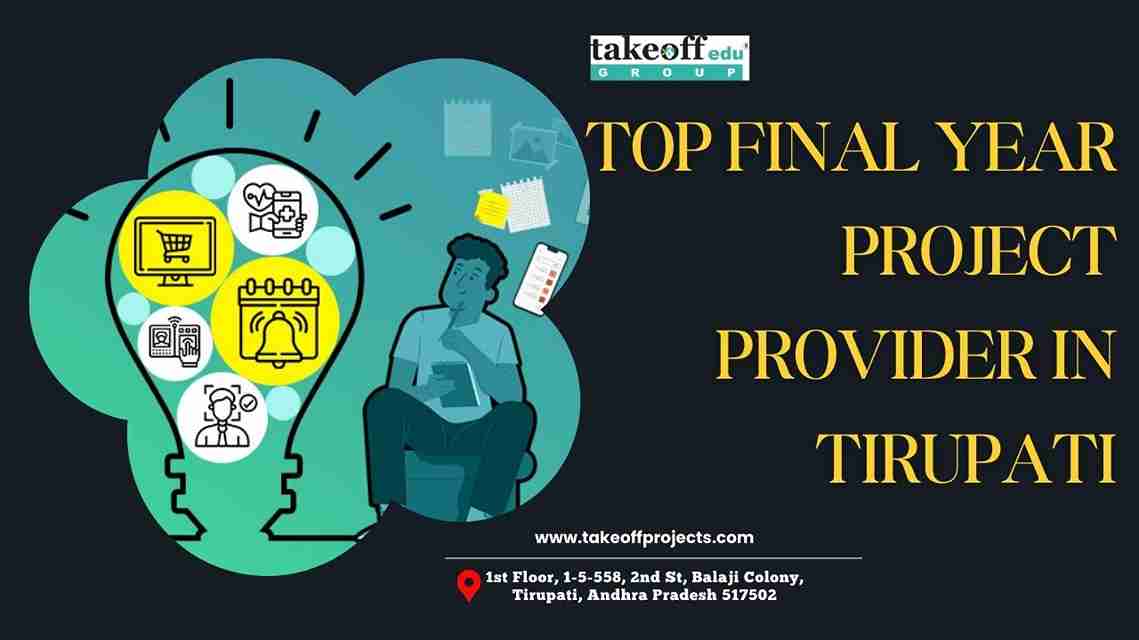 Top Final Year Project Provider in Tirupati
Top Final Year Project Provider in Tirupati 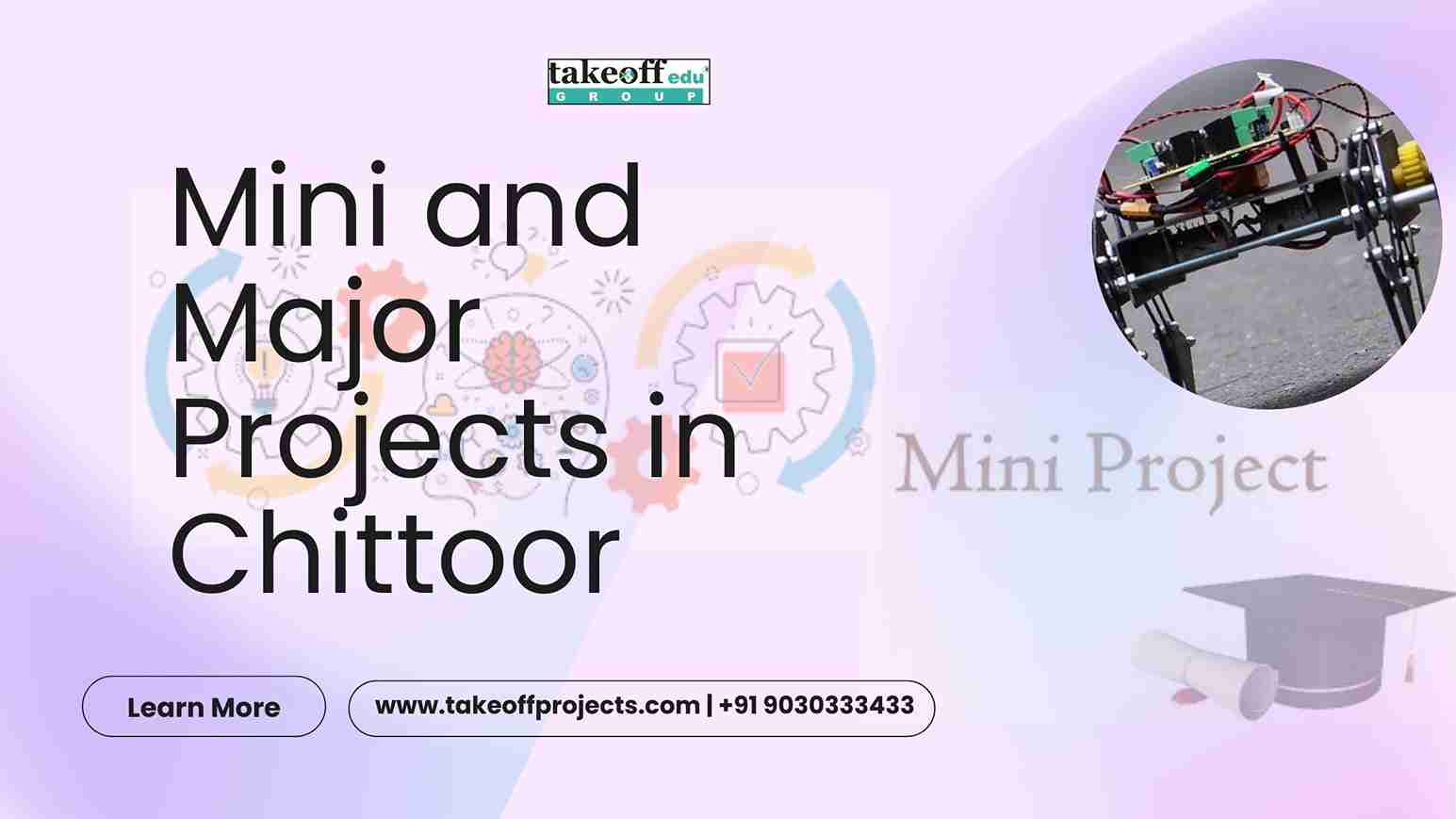 Mini and Major Projects in Chittoor
Mini and Major Projects in Chittoor  Final Year Projects in Tirupati: Unlocking Your Academic Potential
Final Year Projects in Tirupati: Unlocking Your Academic Potential  Affordable Academic Projects in India: A Gateway to Success
Affordable Academic Projects in India: A Gateway to Success 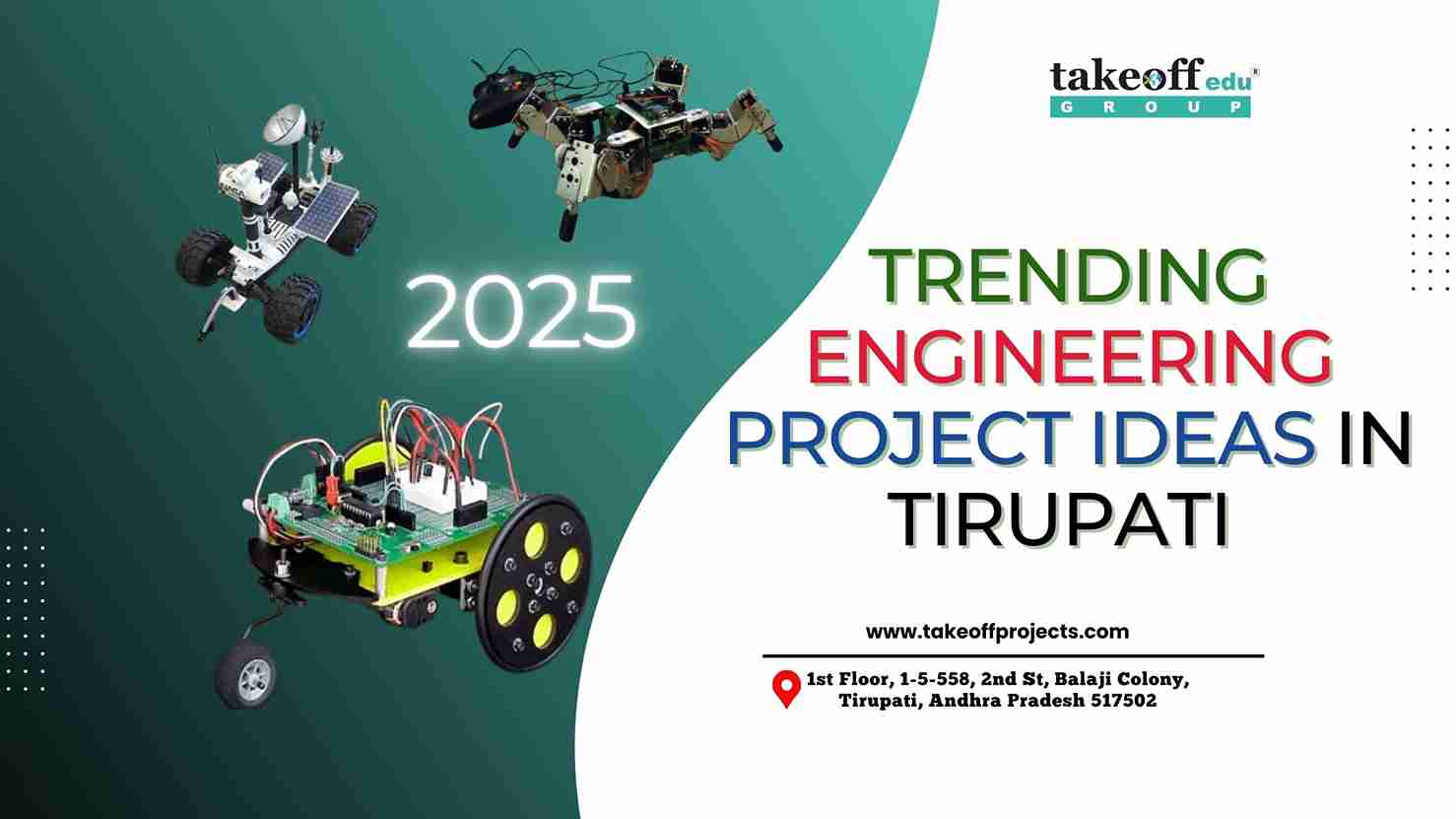 Trending Engineering Project Ideas in Tirupati 2025
Trending Engineering Project Ideas in Tirupati 2025  Technical Project ideas for engineering students
Technical Project ideas for engineering students  How Do I Choose A Project Topic Titles For Final Year Engineering Students?
How Do I Choose A Project Topic Titles For Final Year Engineering Students?  Find Best College Project Centers in Andhra Pradesh
Find Best College Project Centers in Andhra Pradesh  Latest Engineering Project Ideas for 2025
Latest Engineering Project Ideas for 2025  Top Engineering Project Work in Vizianagaram: Empowering Student Success
Top Engineering Project Work in Vizianagaram: Empowering Student Success 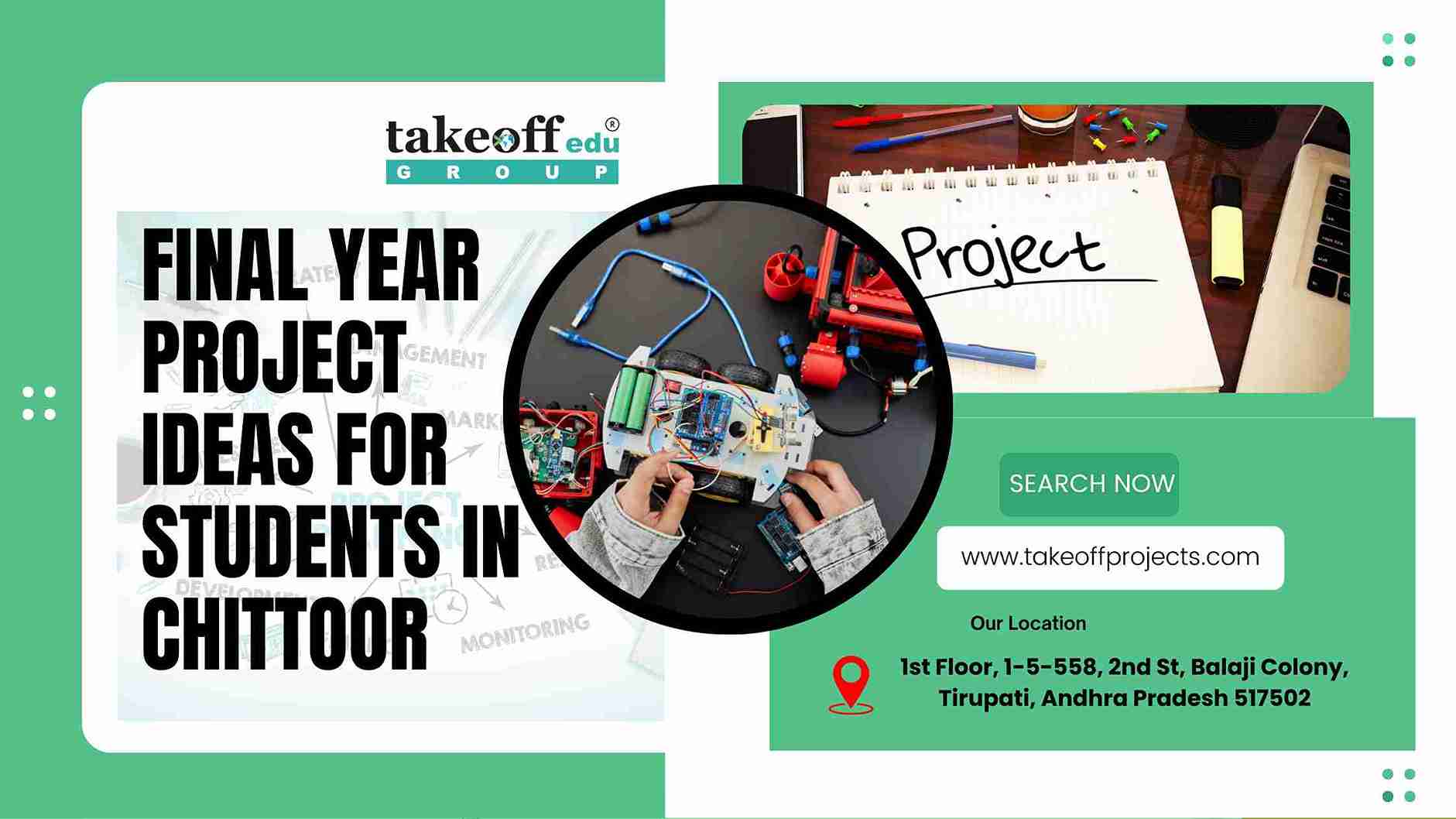 Final Year Project Ideas for Students in Chittoor
Final Year Project Ideas for Students in Chittoor  Project Ideas for College Students in Telangana
Project Ideas for College Students in Telangana  Top 10 Mini Project Ideas for College Students
Top 10 Mini Project Ideas for College Students 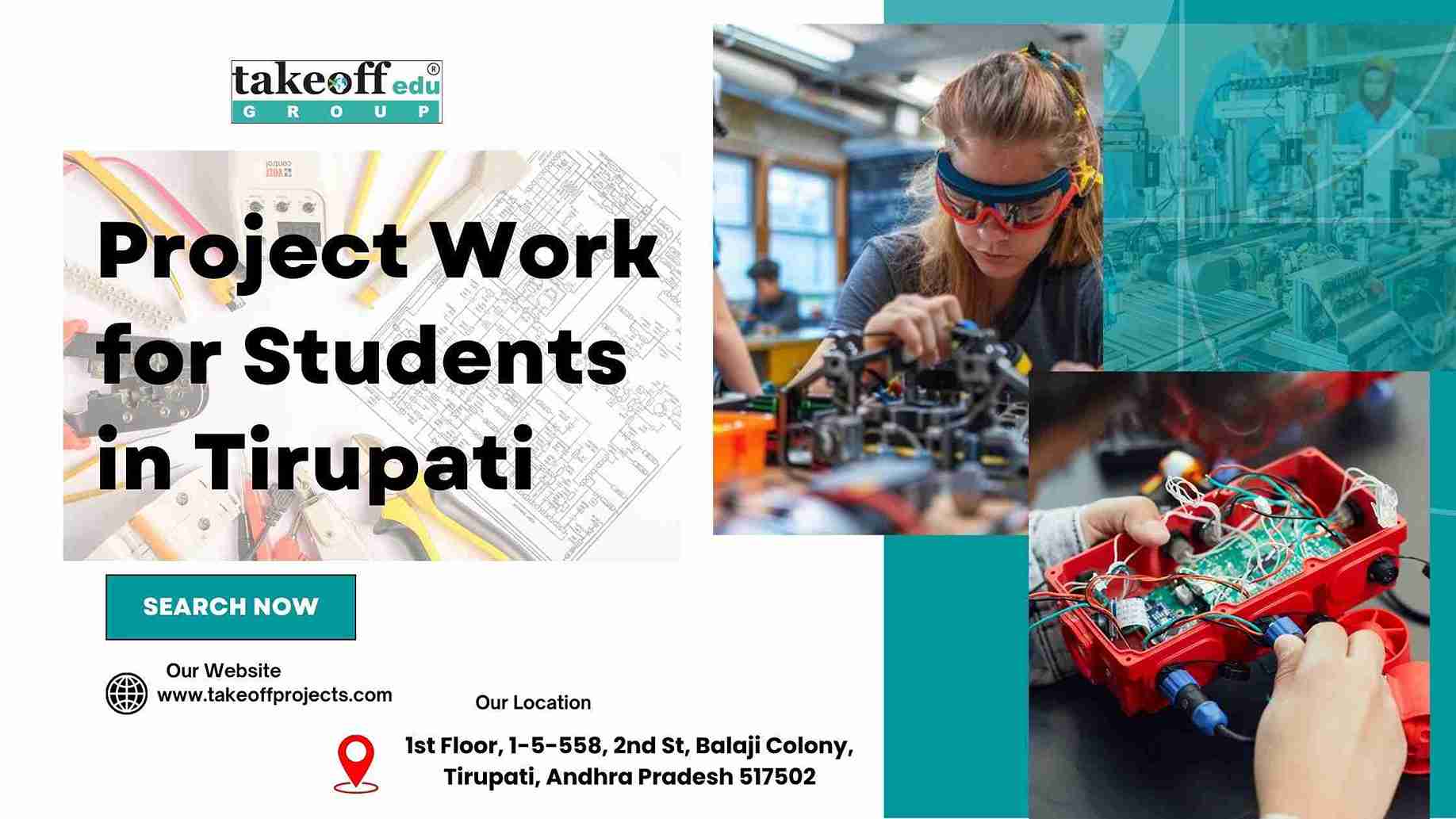 Project Work for Students in Tirupati
Project Work for Students in Tirupati  Best Engineering Projects in Andhra Pradesh: A Comprehensive Guide
Best Engineering Projects in Andhra Pradesh: A Comprehensive Guide 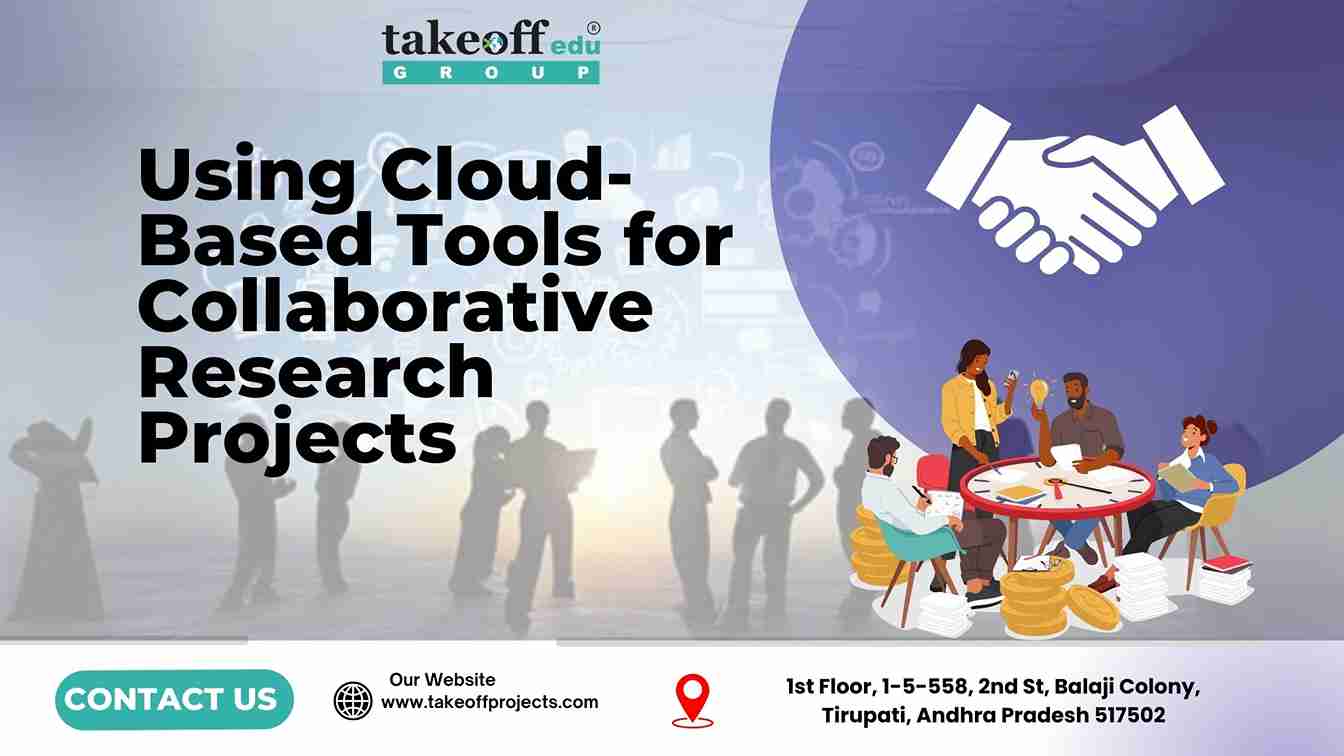 Using Cloud-Based Tools for Collaborative Research Projects
Using Cloud-Based Tools for Collaborative Research Projects  Advantages of Undergraduate Research Opportunities
Advantages of Undergraduate Research Opportunities  How to Prepare for Academic Research Conferences
How to Prepare for Academic Research Conferences 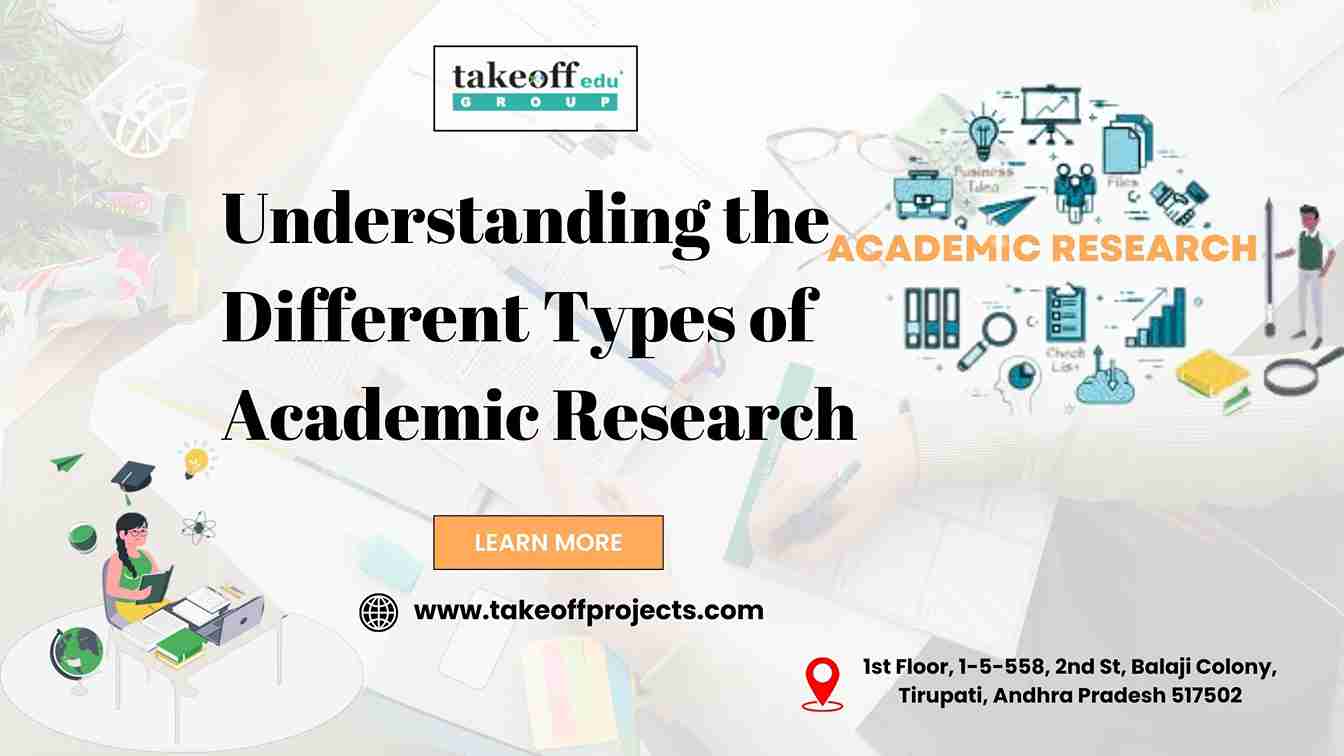 Understanding the Different Types of Academic Research
Understanding the Different Types of Academic Research 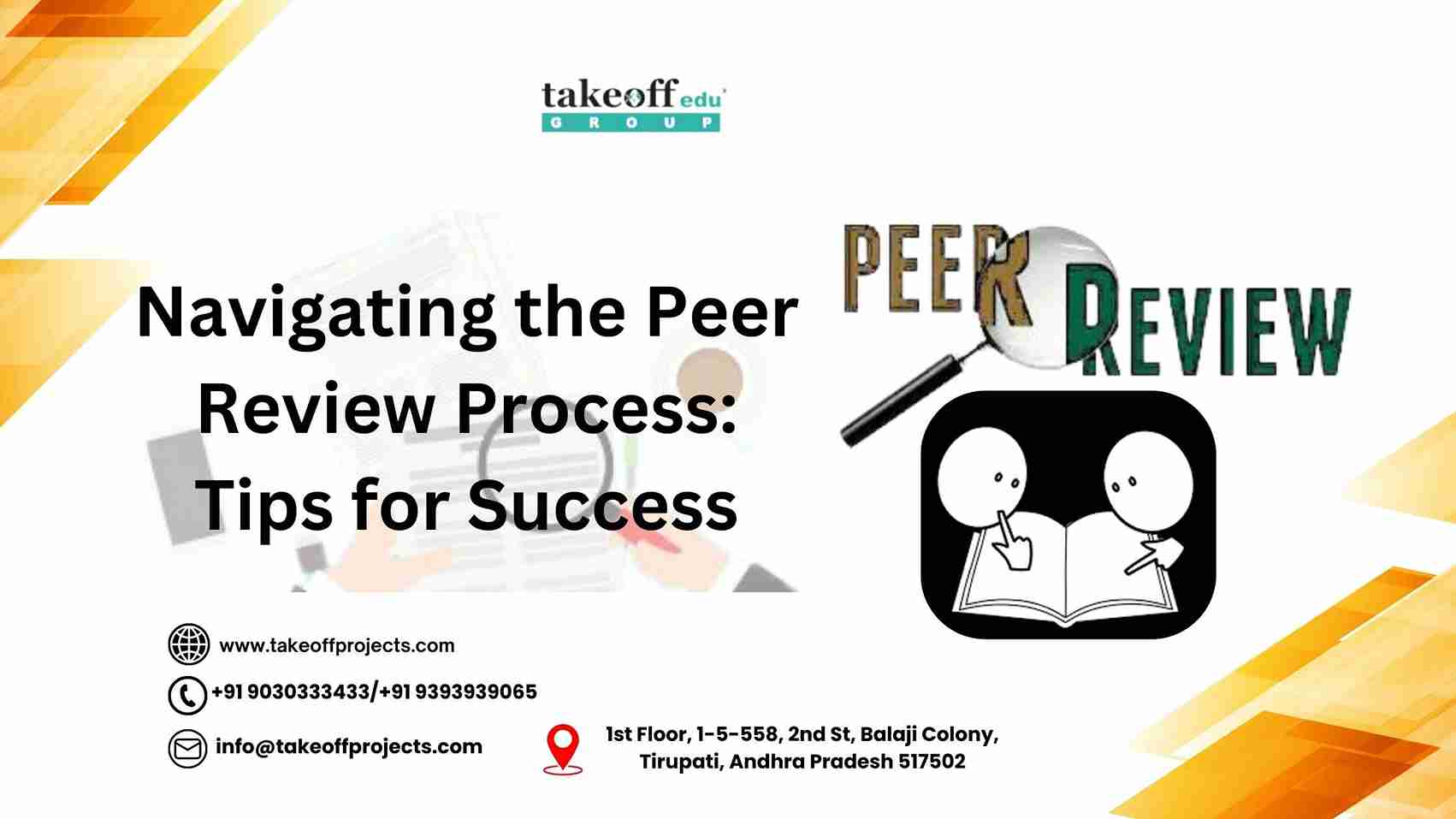 Navigating the Peer Review Process: Tips for Success
Navigating the Peer Review Process: Tips for Success  How to Write the Abstract for a Research Paper
How to Write the Abstract for a Research Paper 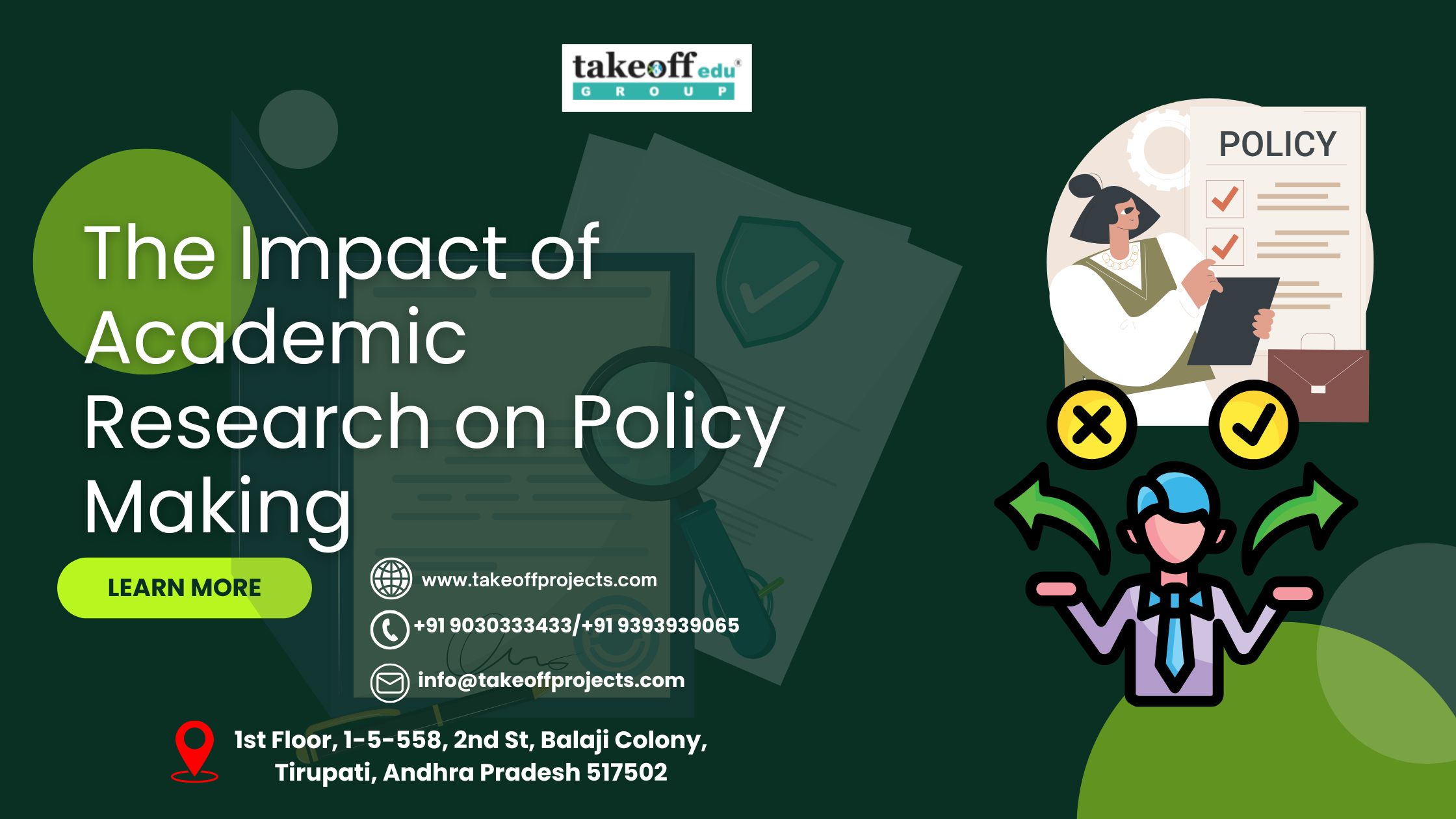 The Impact of Academic Research on Policy Making
The Impact of Academic Research on Policy Making 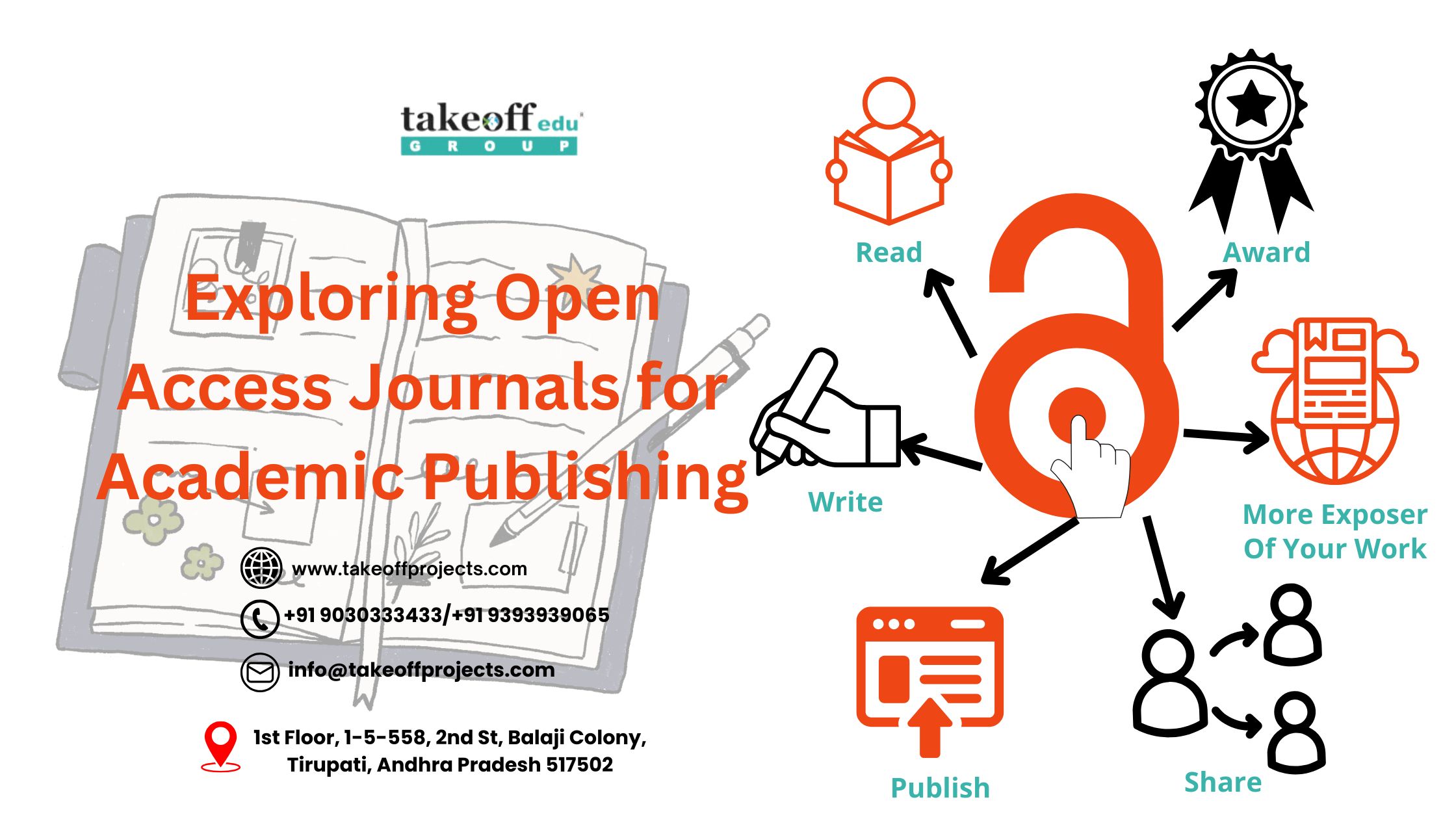 Exploring Open Access Journals for Academic Publishing
Exploring Open Access Journals for Academic Publishing  The Role of Academic Journals in Disseminating Research
The Role of Academic Journals in Disseminating Research  How to Balance Coursework and Research Projects: A Guide to Academic Success
How to Balance Coursework and Research Projects: A Guide to Academic Success 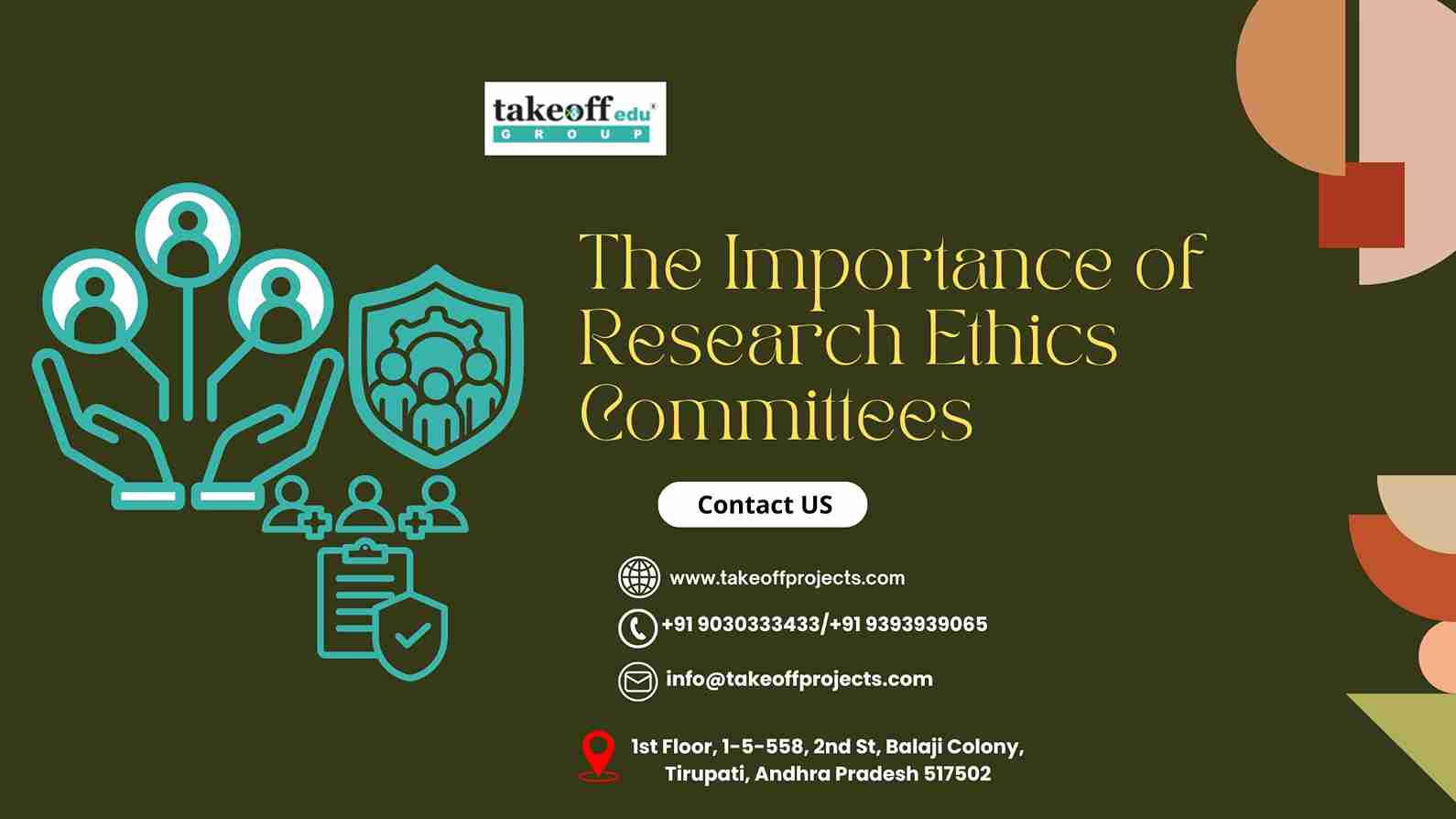 The Importance of Research Ethics Committees
The Importance of Research Ethics Committees  Innovative Teaching Methods to Support Academic Research Projects
Innovative Teaching Methods to Support Academic Research Projects  Creating Impactful Visual Aids for Research Presentations
Creating Impactful Visual Aids for Research Presentations  The Benefits of Peer Review in Academic Research
The Benefits of Peer Review in Academic Research  Surveys and Questionnaires are Effective in Academic Research
Surveys and Questionnaires are Effective in Academic Research  Importance of Documentation Record-Keeping in Academic Research
Importance of Documentation Record-Keeping in Academic Research 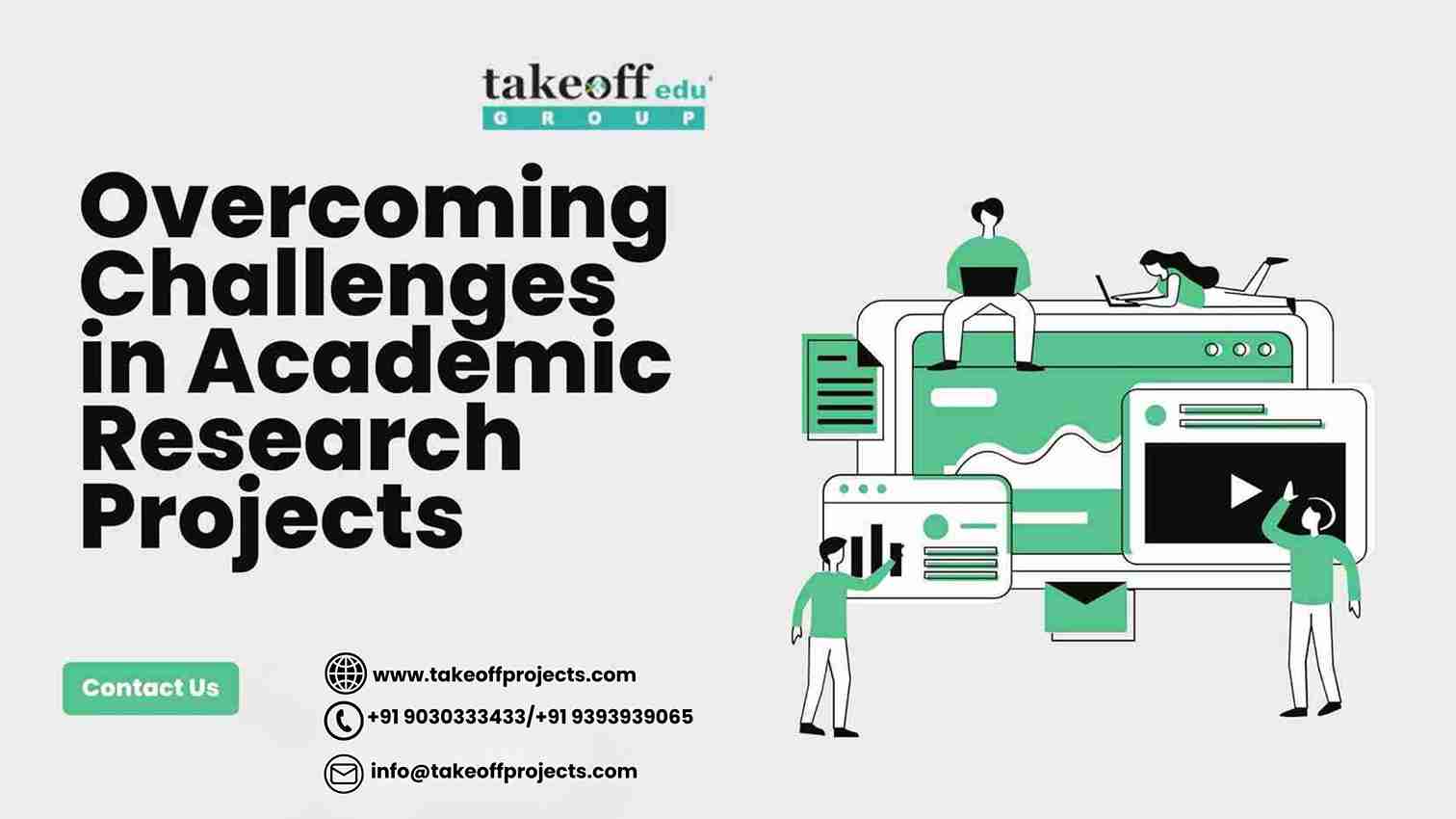 Overcoming Challenges in Academic Research Projects
Overcoming Challenges in Academic Research Projects  Successful Academic Projects in Computer Science: Case Studies
Successful Academic Projects in Computer Science: Case Studies  Building a Research Network: The Importance of Conferences and Workshops
Building a Research Network: The Importance of Conferences and Workshops  How Technology Affects Academic Research?
How Technology Affects Academic Research?  Getting Funding for Your Research Project: Tips and Resources
Getting Funding for Your Research Project: Tips and Resources  Time Management Strategies for Academic Researchers
Time Management Strategies for Academic Researchers  Ethical Considerations in Academic Research
Ethical Considerations in Academic Research  How to Write and Publishing Your Academic Paper?
How to Write and Publishing Your Academic Paper?  Presenting Your Research: Guidelines To Consider When Making An Academic Presentation
Presenting Your Research: Guidelines To Consider When Making An Academic Presentation  Analyzing Research Data: Effective Techniques in Engineering Projects
Analyzing Research Data: Effective Techniques in Engineering Projects  Best Practices for Conducting a Literature Review
Best Practices for Conducting a Literature Review  Writing a Winning Student Research Proposal: A Step-by-Step Guide
Writing a Winning Student Research Proposal: A Step-by-Step Guide  Project Management for Academic Research: Tools and Techniques
Project Management for Academic Research: Tools and Techniques  How to Choose the Perfect Academic Project Topic?
How to Choose the Perfect Academic Project Topic?  Presenting Final Year Project to Your Supervisor
Presenting Final Year Project to Your Supervisor  Trending Engineering Projects in 2024 Future-Ready
Trending Engineering Projects in 2024 Future-Ready  Innovative Renewable Energy Project Ideas
Innovative Renewable Energy Project Ideas  How Engineering Projects Ideas to contribute your academic year?
How Engineering Projects Ideas to contribute your academic year?  Latest Engineering Projects in 2024
Latest Engineering Projects in 2024 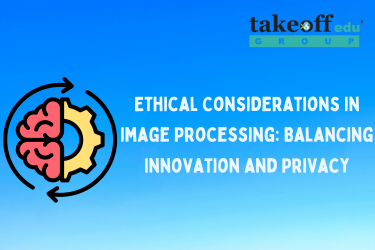 Ethical Considerations in Image Processing: Balancing Innovation and Privacy
Ethical Considerations in Image Processing: Balancing Innovation and Privacy  From Pixels to Insights A Journey into Image Enhancement Algorithms
From Pixels to Insights A Journey into Image Enhancement Algorithms 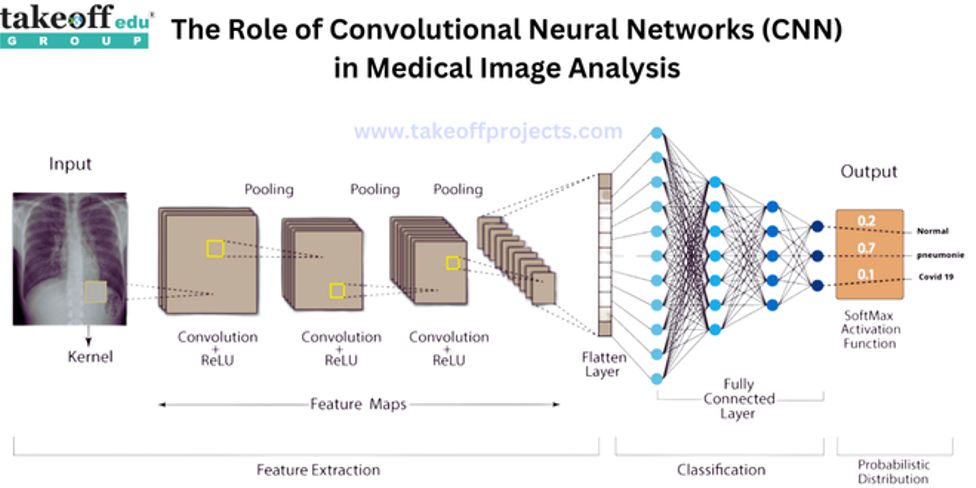 The Role of Convolutional Neural Networks in Medical Image Analysis
The Role of Convolutional Neural Networks in Medical Image Analysis  Advancements in Image Segmentation Techniques: A Comprehensive Overview
Advancements in Image Segmentation Techniques: A Comprehensive Overview 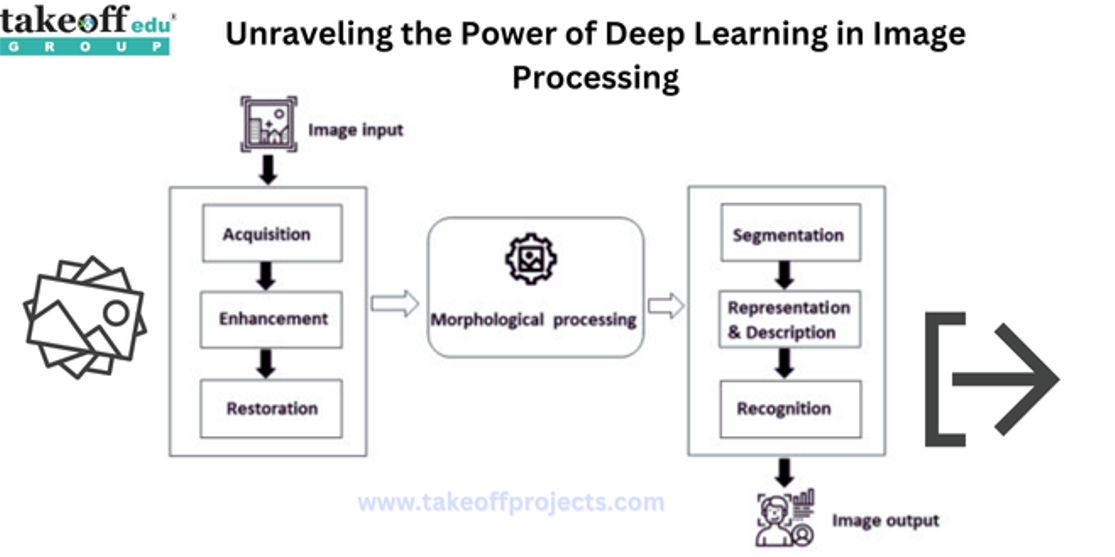 Unraveling the Power of Deep Learning in Image Processing
Unraveling the Power of Deep Learning in Image Processing  Importance of Final Year Projects for Students
Importance of Final Year Projects for Students  How to Present Your Final Year Project to Your Supervisor?
How to Present Your Final Year Project to Your Supervisor?  How to Choose the Right Final Year Project Topic?
How to Choose the Right Final Year Project Topic?  Common Mistakes to Avoid on Your Final Year Project
Common Mistakes to Avoid on Your Final Year Project  How to Write a Winning Engineering Project Report?
How to Write a Winning Engineering Project Report?  Low Cost Mini Projects Ideas for Civil Engineering
Low Cost Mini Projects Ideas for Civil Engineering  Low Cost Mini Project Ideas for Mechanical Engineering
Low Cost Mini Project Ideas for Mechanical Engineering 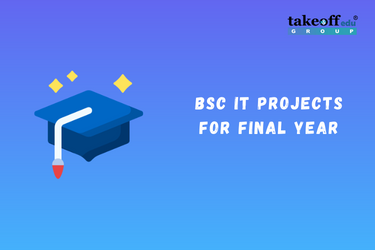 BSc IT Projects for Final Year
BSc IT Projects for Final Year  Instrumentation Projects for Final Year Students
Instrumentation Projects for Final Year Students 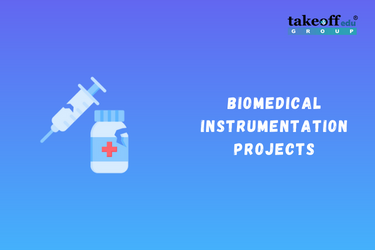 Biomedical Instrumentation Projects
Biomedical Instrumentation Projects  M.Tech Structural Engineering Projects
M.Tech Structural Engineering Projects 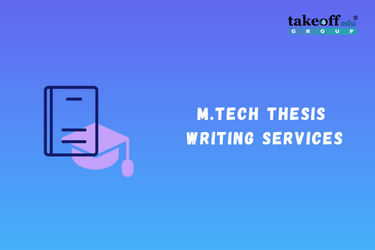 M.Tech Thesis Writing Services
M.Tech Thesis Writing Services 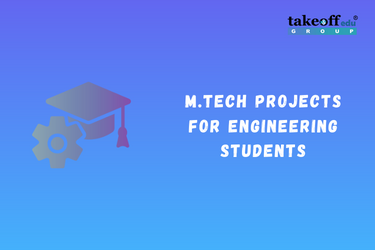 M.Tech Projects for Electrical, Electronics & Software Engineering
M.Tech Projects for Electrical, Electronics & Software Engineering  Latest Final Year Projects for B.Tech & M.Tech Students
Latest Final Year Projects for B.Tech & M.Tech Students 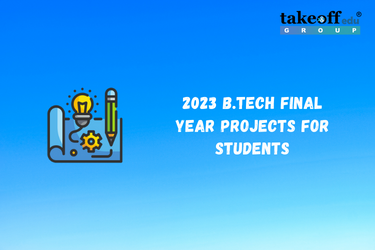 2023 B.Tech Final Year Projects for Students
2023 B.Tech Final Year Projects for Students 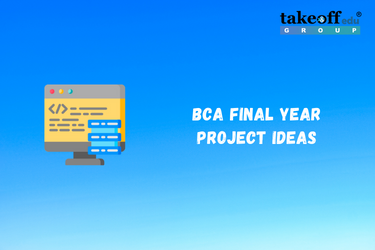 Latest BCA Final Year Project Ideas for 2023
Latest BCA Final Year Project Ideas for 2023  Top BE Projects Ideas & Topics for Students
Top BE Projects Ideas & Topics for Students  14+ Interesting Engineering Projects
14+ Interesting Engineering Projects  IEEE Final Year Projects
IEEE Final Year Projects 
 Paper Publishing
Paper Publishing


